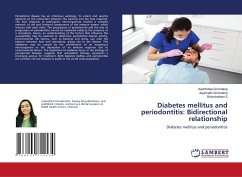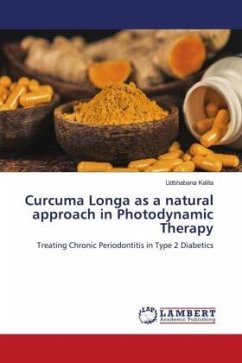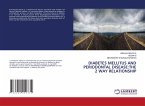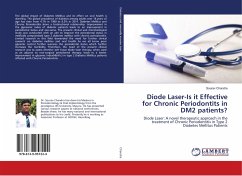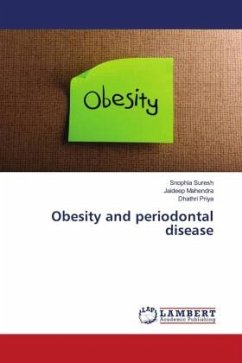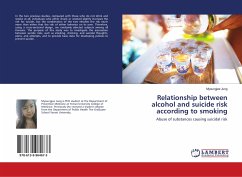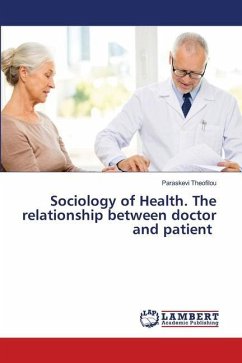Periodontal disease has an infectious aetiology. Its extent and severity depends on the interaction between the bacteria and the host response. The host response to pathogenic microorganisms involves a complex network of cell and humoral components of the immune system, which interact with each other. The progression of periodontitis and the rate of progression of periodontitis cannot be explained solely by the presence of a microbiota. Hence, an understanding of the factors that influence this susceptibility may be essential to determine periodontal disease activity. Environmental risk factors, such as bacteria and stress, can alter the balance between host and microbiota, giving rise to the disease. This imbalance may be caused by the proliferation of an exogenous microorganism or the depression of an immune response due to environmental factors. The implication of oxidative stress, in the etiology of periodontal diseases, suggests that antioxidant therapy represents a promising avenue for treatment. Both diabetes mellitus and periodontitis are common chronic diseases in adults in the world wide population.

